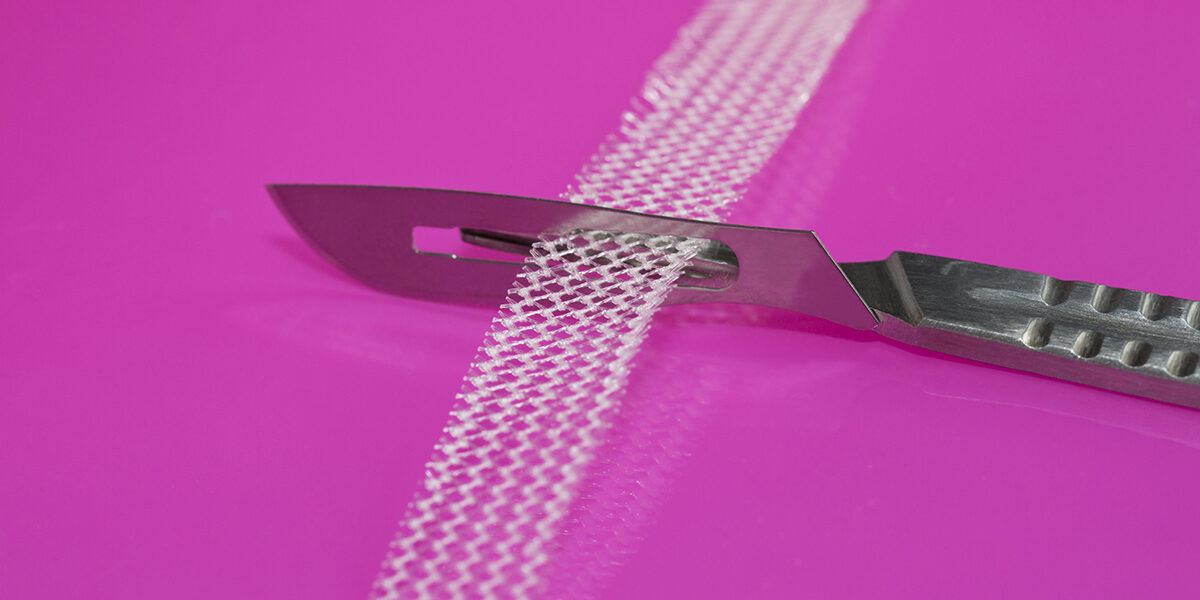Over the past eight years, juries across the country have rendered many verdicts against vaginal mesh manufacturers, after finding the devices caused severe and life-threatening complications. In one of the latest pelvic mesh trials, Ethicon – a subsidiary of Johnson & Johnson – was hit with an $80 million judgement regarding its Prolift mesh implants, which are designed to help treat stress urinary incontinence and pelvic organ prolapse.
The decision was handed down in the Philadelphia Court of Common Pleas, where some 80 transvaginal mesh cases are still pending. All of the plaintiffs contend that Ethicon misled medical professionals about Prolift’s safety and failed to sufficiently warn about the high risks of mesh erosion.
Prolift Mesh verdict includes $50 million in punitive damages
This $80 million verdict marks the eighth time a state jury in Philadelphia has found for plaintiffs in litigation over pelvic mesh complications. According to legal counsel for the plaintiffs, the verdicts against Ethicon total close to $350 million.
According to records from the Philadelphia Court of Common Pleas, the plaintiff was awarded $30,000 in compensatory damages and $50,000 in punitive damages. Just a month earlier, a different jury in the Philadelphia state court ordered Ethicon to pay $120 million to a woman implanted with the Prolift device for urinary incontinence. J&J confirmed it will appeal both verdicts.
Complications associated with vaginal mesh, also known as pelvic mesh or transvaginal mesh, have spurred one of the largest mass torts in U.S. history, and device manufacturer Johnson & Johnson is just one of several companies facing legal liability. According to Reuters, mesh device makers have, thus far, paid $8 billion to settle the lawsuits of 100,000 women who were gravely injured.
Plaintiff endured three surgeries to remove scar tissue
The plaintiff was Patricia Mesigian, now aged 75, who had Ethicon’s Prolift mesh implanted in 2008 to help correct her pelvic organ prolapse. Mesigian alleged that shortly after the mesh implantation, she began to experience unusual bleeding and pain. Her doctor later found that the Prolift mesh had eroded, cutting into the surrounding tissue, causing inflammation, infection and chronic pain.
Several years later, Mesigian began to suffer painful symptoms again, and was forced to undergo yet another surgery. She had three separate operations and additional treatments to remove parts of the eroded mesh implant and scar tissue. During the trial, jurors were informed of Patricia’s long history of medical complications – problems that have nearly ended all intimate relations with her husband and left her in chronic pain.
The Philadelphia jurors deliberated for just two days before deciding that Johnson & Johnson failed to provide adequate warning of the mesh implant’s risks. The Prolift device was removed from the market in 2012.
FDA questions pelvic mesh safety
In 2016, the FDA re-classified transvaginal mesh products as Class III medical devices, which are considered “high risk.” An internal panel at the agency determined there was “insufficient data to determine the device’s long-term safety and effectiveness.”
Did you or a loved one get injured following vaginal or pelvic mesh surgery? Contact Showard Law Firm if you have any questions about filing a mesh lawsuit. Depending on the circumstances, you may be eligible to request compensation for medical bills, lost wages, and other losses. Our team offers free case reviews and representation at no upfront cost to plaintiffs. You only pay for our services if we win! Our firm accepts cases nationwide.
Additional Resources:
- NewsLaw, Jury awards $80M in J&J vaginal mesh case https://news.law/philadelphia-jury-orders-j-j-to-pay-80m-to-woman-injured-by-vaginal-mesh/
- The Philadelphia Inquirer, Philadelphia jury orders J&J to pay $80 million to Media woman injured by vaginal mesh https://www.inquirer.com/business/pelvic-mesh-verdict-80-million-johnson-and-johnson-media-woman-20190517.html
- Reuters, J&J must pay $80 million in latest trial over mesh implants https://www.reuters.com/article/productliability-johnsonjohnson/jj-must-pay-80-million-in-latest-trial-over-mesh-implants-idUSL2N22T1OW








